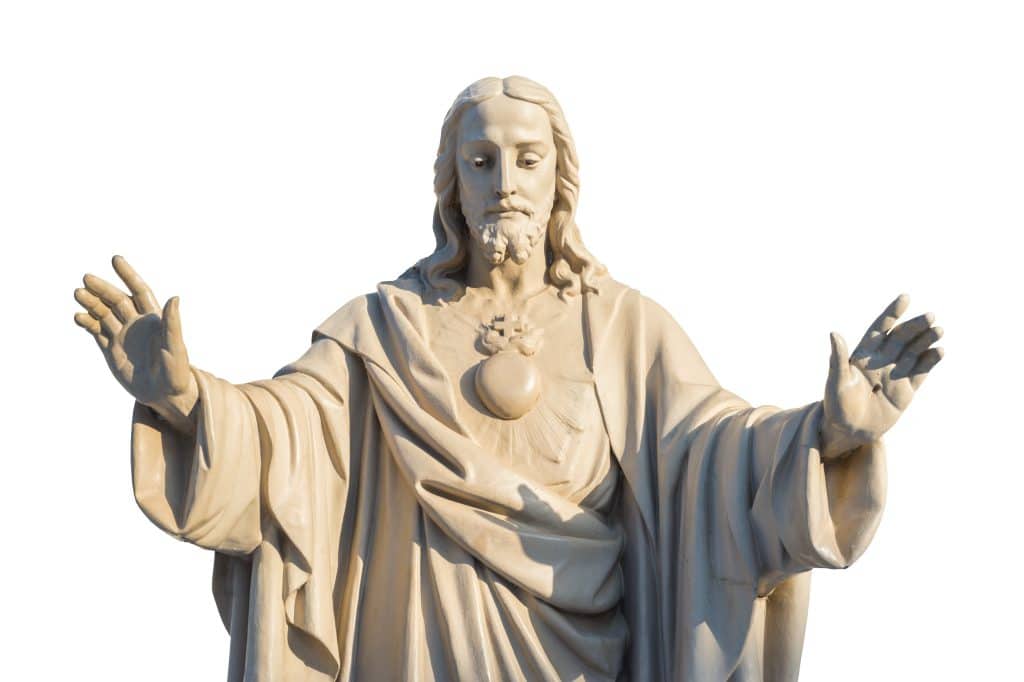Ganga was sunken, and the limp leaves Waited for rain, while the black clouds Gathered far distant, over Himavant.
Are these places in Germany? I believe this is at least the second time that Himavant is mentioned, so it must be of significance.
Ganga was sunken, and the limp leaves Waited for rain, while the black clouds Gathered far distant, over Himavant.
Are these places in Germany? I believe this is at least the second time that Himavant is mentioned, so it must be of significance.
II. A Game of Chess
Other than the gaudy descriptions that follow, how is the a "game of chess?"
Bin gar keine Russin, stamm’ aus Litauen, echt deutsch.
As a native English speaker, adding German to the poem "excludes" me as a reader since I don't understand it. However, I am curious what it means?
Unreal City, Under the brown fog of a winter dawn,
As my last example of nature as a motif, the city of London is "unreal" because it is covered in a foreign fog that would normally be white. However, the "brown fog" is an example how nature's element of fog has been detonated by the waste land. Dawn is also usually when day breaks and the day becomes clear, but in a waste land the brown fog has intruded a once familiar city that has now become unrecognizable and unreal.
What are the roots that clutch, what branches grow Out of this stony rubbish?
This is another example of nature ("roots" and "branches") as a motif and how it is mixing with the pollution of "stony rubbish." However, the speaker's question has changed from that of a zombie, to that of a human since they are trying to make sense how roots and branches are still able to grow out of the impossible elements.
Winter kept us warm, covering Earth in forgetful snow, feeding A little life with dried tubers. Summer surprised us, coming over the Starnbergersee
The motif of nature and how it is ironic that winter has kept them ("zombies") warm and protected against the "dried tubers." This is also an example with a literal waste land and zombies and unlike the season of summer, where humans are warm and tend thrive, it is zombies that actually flourish in a waste land buried by snow.
Sacred

Curls to butter.

Medal make medal. Able able able.
The poem is very "musical"
brought their hatred down on him
Who is "their"? At first, I thought it could be the school's or society as well. However, re-reading the poem, I think "they" is referring to "The Poor" from mentioning the "familiarity" of lice.
“This is just to say” (1934)
I think it is interesting to note that the entire poem doesn't contain any puncuation. Is it to make the reader feel overwhelmed or perhaps, confused? To me, this feels like a quick confessional that is frankly, humorous.
“To Elsie” (1923)
After reading the poem, I don't think Elsie is a real person. However, I think this person is how Williams (or the speaker of the poem) is able to confess their honest feelings about America, its culture, and its people.
Most various Man, cut down to spring no more;
I am curious why Man is capitalized? Is this for the sea that is mourning him? Is this supposed to signify "mankind"? If so, that would ironic because the sea is part of mother nature and not made as is such with mankind.
I might be driven to sell your love for peace
"I" (speaker) is addressing someone with "your". The tone is also cynical when they say they're tempted to sell their love to have peace, since love is chaotic and complicated.
Nor slumber nor a roof against the rain
Love is not refuge/escape nor protection.
while sociologists gleefully count his bastards and his prostitutes, the very soul of the toiling, sweating black man is darkened by the shadow of a vast despair
The more Du Bois educates himself on slavery and lives the the life of a Black man during intense racism is both empowering and disheartening to him. However, Adams views education to produce more ignorance, which is ironic. Education for Du Bois is another reality check how the system of slavery is evil and inhumane. But, to a white man in Adams, education is inhibiting.
How does it feel
This is important, because unlike Adams who distances himself in the narrative, Du Bois speaks directly and candidly to the reader about his feelings. As a result, we're naturally more connected to Du Bois as a reader rather than Adams.
And yet, being a problem is a strange experience
Both Du Bois and Adams are seen as "problems." Adams cannot except the vast change during his lifetime and Du Bois is considered a problem by existing as Black man.
The forces were interchangeable if not reversible
The "forces" of the electric current and the Cross and cathedral is another form of irony. One is with man and machine and the other is with man and our existence (according to those who practice Catholicism). I think it's important to note that this machine was new at the time and obviously considered fast-moving and innovative. Meanwhile, the mainstream religion was changing from Protestant to Catholic. As such, these were two huge "forces" that helped change America at the time.
dynamos
I had to look up dynamo. It reminds me of "dynamite", but I looked it up anyway. It is basically a machine generator. The comparison as a whole with a virgin (i.e. The Virgin Mary) is man-made and mechanical vs. sacred and "pure."
the literary knowledge counted for nothing until some teacher should show how to apply it.
Literary knowledge was not of use to Adams, which is ironic since Langley is so informed but Langely himself can't actually apply it. This is totally useless to Adams as a result because he doesn't know the practicality of literary knowledge--but it's as if he can only repeat it back.
The repose of the hung belly
I had to remind myself the definition of repose. It is defined as "a state of rest, sleep." The "hung belly" presented an image of a hanging pig, for some reason probably because in my culture, pig belly is a common food. However, to connect it to the rest of the poem, I am not sure what it means other than the fact that it could be a form of irony?
They Lion, from my children inherit, From the oak turned to a wall, they Lion,
I am curious what "They Lion" represents? During the entirety of the poem, I wanted to read THE lion. Also, after "they" grammatically speaking, there should be a a verb followed instead of a noun beside a noun which is why I think the poet did this perhaps to be humorous?
Of industrial barns, out of rain, out of bus ride, West Virginia to Kiss My Ass
Unlike the other lines prior, this is the first line that starts with "of" instead of "out of", therefore this is not what it is made "out of", but what it contains instead. The following line follows with "West Virginia" to "Kiss My Ass." This is important to note because the speaker clearly dislikes West Virginia for reasons unbeknownst to me. Additionally, "Kiss My Ass" is capitalized suggesting that it is an authoritative slogan, perhaps? When things are capitalized, it is usally because it is the name of someone or the name of something of importance so this part seemed more like a noun rather than an act.